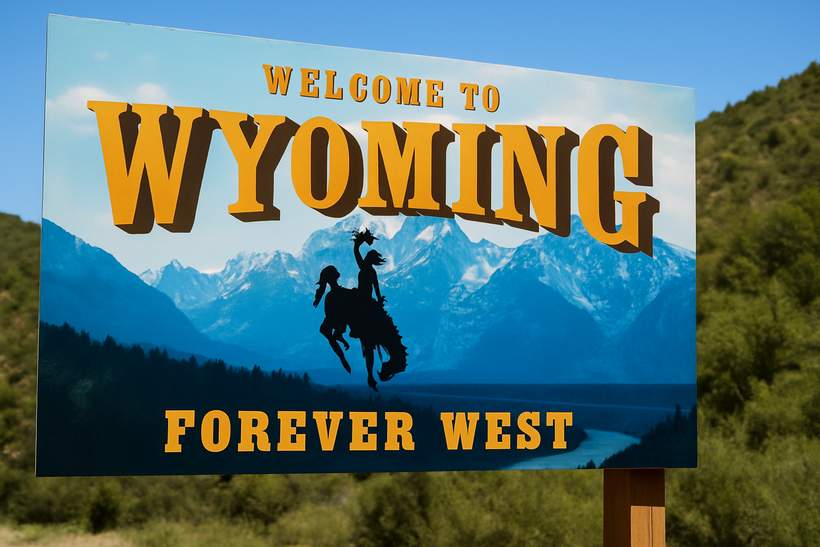Northern Arapaho Leaders Dispute Findings of State Gaming Impact Report

Northern Arapaho Raise Concerns Over Statewide Gaming Impact Study
The Northern Arapaho Business Council has expressed serious concerns regarding a recent statewide gaming impact study. They argue that the report overlooks the true economic consequences that the expansion of gaming, especially historical horse racing, has had on tribal casinos.
Tribal Casinos Already Struggling Due to Historical Horse Racing
The study, conducted by the Spectrum Gaming Group for the Wyoming Gaming Commission and presented to state lawmakers, claimed that increased availability of historical horse racing (HHR) would not negatively affect revenues of tribal casinos. The analysts cited years of coexistence between the two industries and noted that new HHR locations tend to open in urban centers far from tribal reservations.
However, Northern Arapaho spokesperson Travis McNiven challenged these conclusions. He highlighted significant declines since Wyoming legalized HHR in 2013, stating tribal casinos have experienced a 66% drop in visitors and a 34% decrease in gaming revenue. This downturn resulted in approximately 500 job losses. McNiven emphasized that the state’s evaluation underestimated these substantial impacts.
McNiven also disputed the report’s projections on online gaming, which suggested internet-based casino play would not reduce tribal or HHR revenues but might slow their growth. Contrarily, McNiven’s own research indicates that legalizing online casinos could cause Northern Arapaho gaming revenue to drop by an additional 11%, putting further stress on tribal resorts’ non-gaming amenities and employment.
He pointed out that mobile casino options, accessible anytime on smartphones, directly compete with physical casino venues, drawing players away from in-person experiences.
Disagreement Over Tribal Casino Representation in the Gambling Report
McNiven characterized parts of the study as misleading, particularly the suggestion that HHR venues capture the majority of casino earnings due to tribal casinos offering fewer table games, operating limited hours, and being located far from population centers. He criticized the Spectrum Gaming Group for failing to consult tribal representatives during the study and invited both the analysts and policymakers to visit the Wind River Hotel and Casino to observe Class III gaming operations firsthand.
In response, Spectrum advisor Matthew Roob stated he spent two nights reviewing tribal casinos in Fremont County but noted that the Gaming Commission’s jurisdiction does not include tribal properties. Although tribal casinos were not officially part of the study, Roob acknowledged that expanded gambling statewide could impact tribal operations.
McNiven stressed that tribal sovereignty does not shield tribes from economic pressures. He urged lawmakers to consider how their decisions in Cheyenne directly affect tribal communities and to recognize the broader economic and cultural significance of tribal casinos when shaping Wyoming’s gambling policies for the future.